Defamation is the act of communicating false statements about an individual, group, or business that directly or indirectly harms their reputation.
There are two main types of defamation: libel and slander. Libel is often thought of as simply a statement made in writing, but in legal terms it is more accurately considered as a loss of reputation over a long period of time. Slander is considered to be a statement made via a short-lived medium such as an oral speech or disparaging comment, and it occurs in a shorter time frame.
What Are the Possible Consequences of Being Defamed?
There are a number of ways in which a victim of defamation can feel the effects:
- Financial loss: For an individual or a company in terms of revenue, profit, or expenses.
- Reputational harm: Loss of trust in a brand or reputation and/or loss of opportunity for an individual or organization.
- Emotional distress: Serious physiological and psychological consequences as a result of defamation.

Picture Credits: Pinterest
How Can Defamation Be Proved?
To prove defamation of character, the victim needs to show that the statement made about them is untrue. They also have to prove that the lie or misrepresentation of them was intentional. In the case of slander, if someone says something about the victim (plaintiff) the victim must prove that the person who said it (the defendant) knew they were lying, and knew their statement would cause harm to the victim.
In a defamation trial, typically a jury needs to be persuaded of ‘fact’, that a statement made was false and made with intent to harm reputation. Evidence is usually provided and this can either be direct or circumstantial.
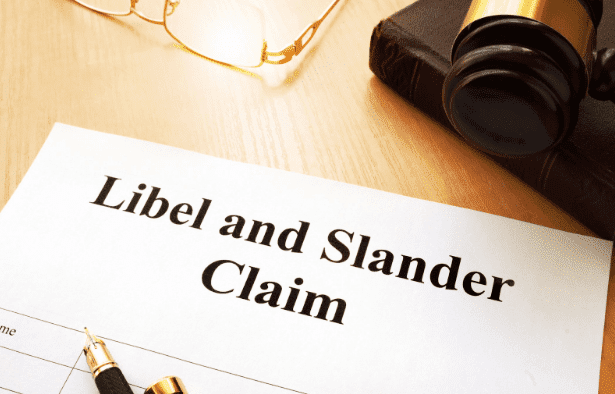
Picture Credits: Dreamstime
Direct evidence is the most cut and dry, and usually involves a solid witness. Direct evidence supports the disputed fact without the need for any intervening inference. For example, a witness testifying that they heard the defamatory statement would be direct evidence.
Circumstantial evidence consists of a fact or facts that, if proven, indirectly prove another fact. In a defamation case, an example of this is proof that the defendant is the domain name owner of a website where a defamatory statement was posted.
Forms of Evidence
There are four forms of evidence typically used in a defamation case:
- Testimonial
Testimonial evidence is a testimony given by a witness, whether they are a layperson or an expert. They can do both harm and good, depending on which side you’re on. An expert’s testimony is considered “expert evidence.” Expert evidence needs to hit four requirements to be admissible.
The expert witness needs to prove they have the relevant knowledge and skills to evaluate the evidence and facts at hand. Their opinion must be backed by facts and data. Their methods and principles must be reliable and applied in the proper manner.
- Physical
Physical evidence is exactly what the name suggests. It is evidence in the physical form. It is tangible and can be seen, touched, or felt.
- Demonstrative
Demonstrative evidence is evidence that illustrates or represents other evidence introduced at trial. An example is a timeline showing when the defamatory statements were made.
- Documentary
Documentary evidence comes in the form of documents or writings, like a text message or an email chain.

Picture Credits: Pexels
Why Is an Expert Witness So Important?
Experts in defamation have experience with the subject matter and can explain potentially complex information about the case in clear terms for a jury to understand. The type of expert should be relevant to the type of case. For example, if the claim is about libel, an expert in the written and published word will be able to speak credibly about the nature and effects of the statement made. Likewise, if the case is about slander, an expert in the spoken word can speak more credibly about the nature and effects of a disparaging statement that was made orally. Expert witnesses can also be found for cases involving electronic defamation—defamation through social media and websites.
The expert can explain how a victim will suffer as a result of the defamation. For example, if the victim was emotionally distressed, the expert will be able to outline how that effect translates into compensation. The expert should detail how much financial damage is reasonable and fair in the situation.
What to Look for in an Expert Witness?
An expert witness should have experience in the subject matter, and be consistent in the way they speak about it. They should be confident about the subject matter and articulate in their statements relating to it. They should possess sharp attention to detail and excellent communication skills.
Furthermore, an expert witness must remain unbiased and independent while forming their opinion on the matter. If not, the court will most likely reject the testimony.
How Is an Expert Witness Deposed?
When a witness is deposed, it means they are sworn under oath, given an opportunity to state their testimony, and then get questioned about it.
A good lawyer will investigate an expert witness’s background and credentials, and ask them to clarify and explain aspects of their testimony, to ensure the judge and jury are clear on what is being stated.
They may also look into previous testimonials the expert may have given and interrogate past work to find any weaknesses in their credibility to either confirm or deny the expert evidence’s worth.
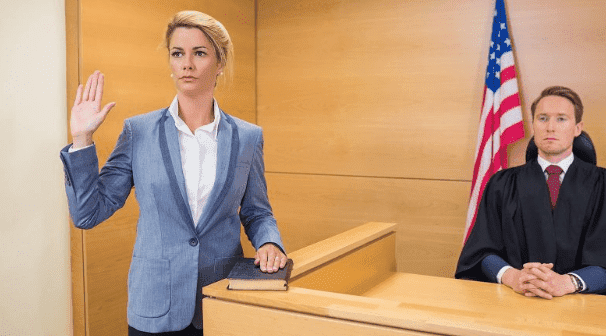
Picture Credits: Dreamstime
How to Present Expert Witness Testimony?
First of all, the expert’s credentials should be established—qualifications, experience, previous successes. Then, those credentials need to be linked relevantly to the case. The testimonial should be given clearly, confidently, and factually, and then summarised with a strong conclusion.
Why Is the Importance of Expert Witnesses Rising?
The rise of the internet and social media platforms like Facebook, Instagram, YouTube, and more recently TikTok, means people around the world have more platforms with which to communicate and interact with each other.
This almost unlimited opportunity for users to express their opinions and share their thoughts 24/7 increases the chances for internet defamation to occur.
This can have significant advantages when the statements shared are positive. But, in an age where trolls and bullies are migrating and proliferating online, combined with the ability for anonymity, unprecedented accessibility and breadth of reach that the internet presents, the chances of your brand or image being defamed increase, and the consequences are likely to be more damaging. If you believe you have grounds to accuse someone of defaming you, having an expert witness can be the difference between a successful and an unsuccessful case.
Schedule a Phone or Video Consultation Directly With Our CEO, Sameer Somal.
Learn more about engaging our Expert Witness Services.

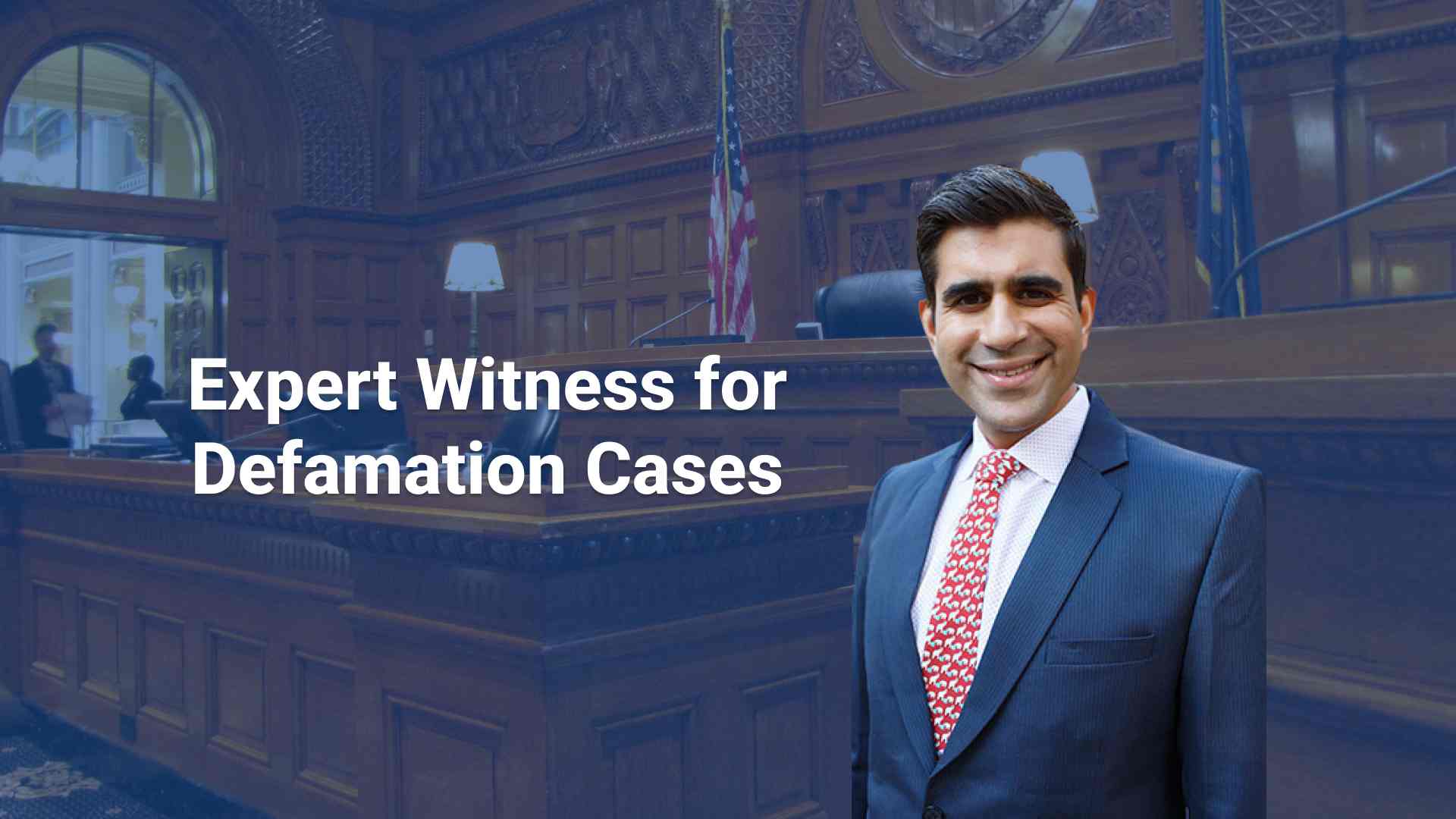



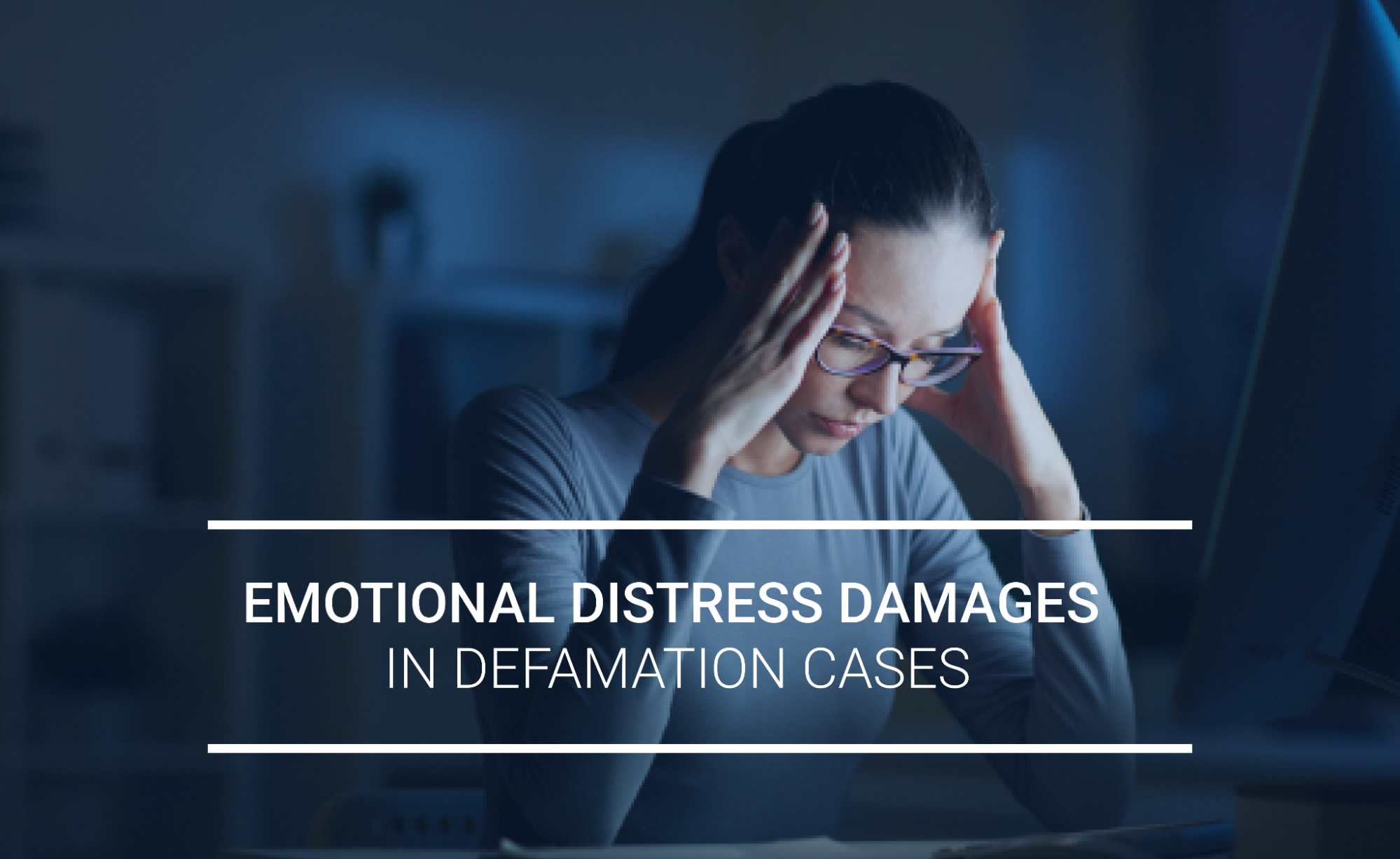







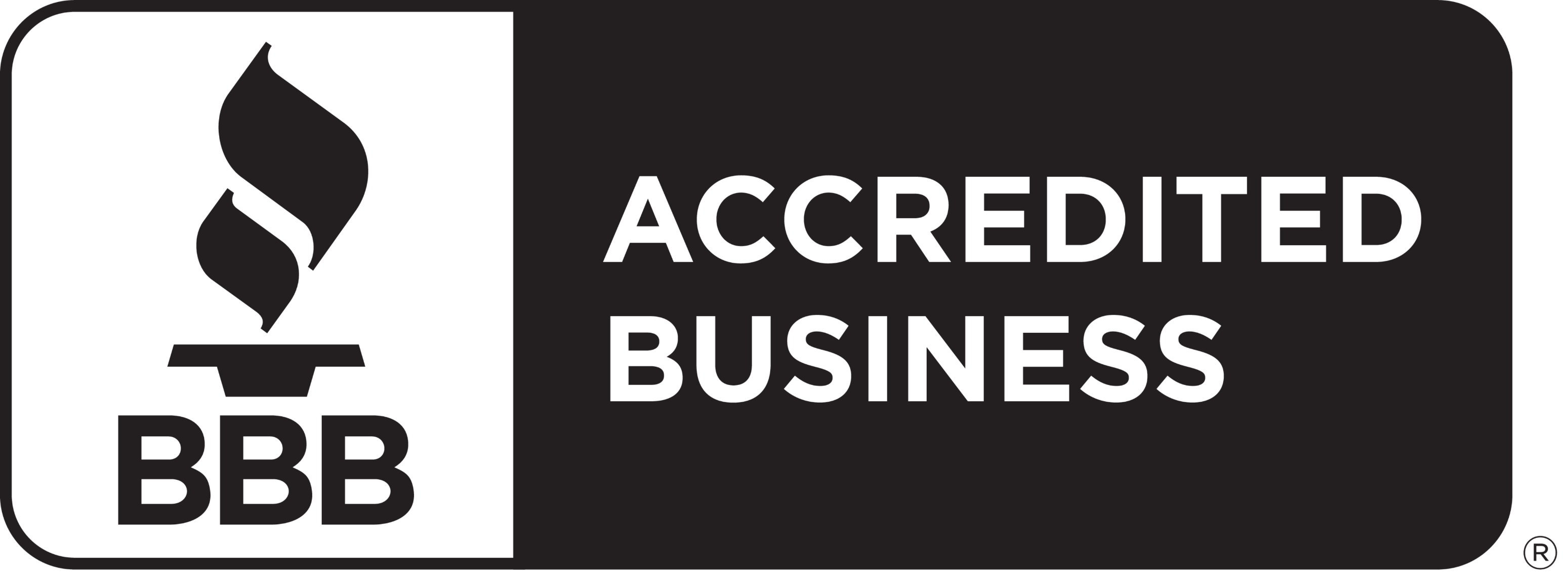
Comments are closed.